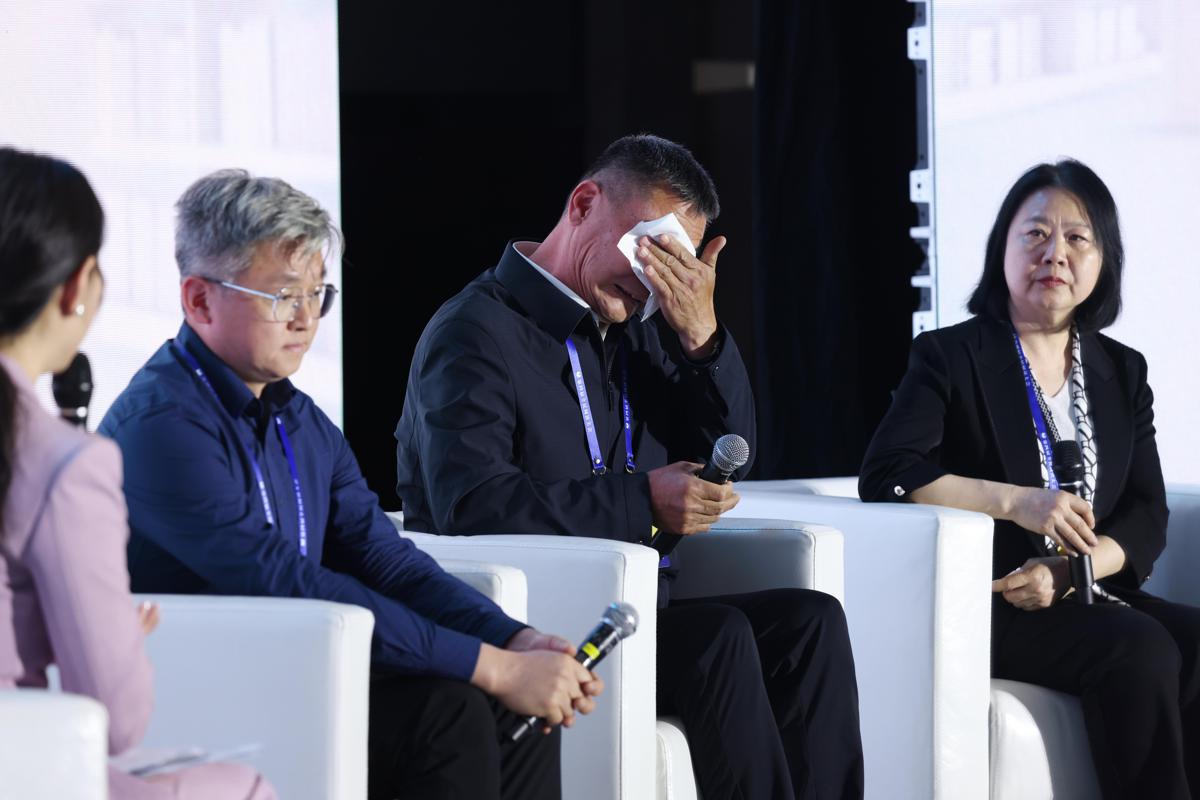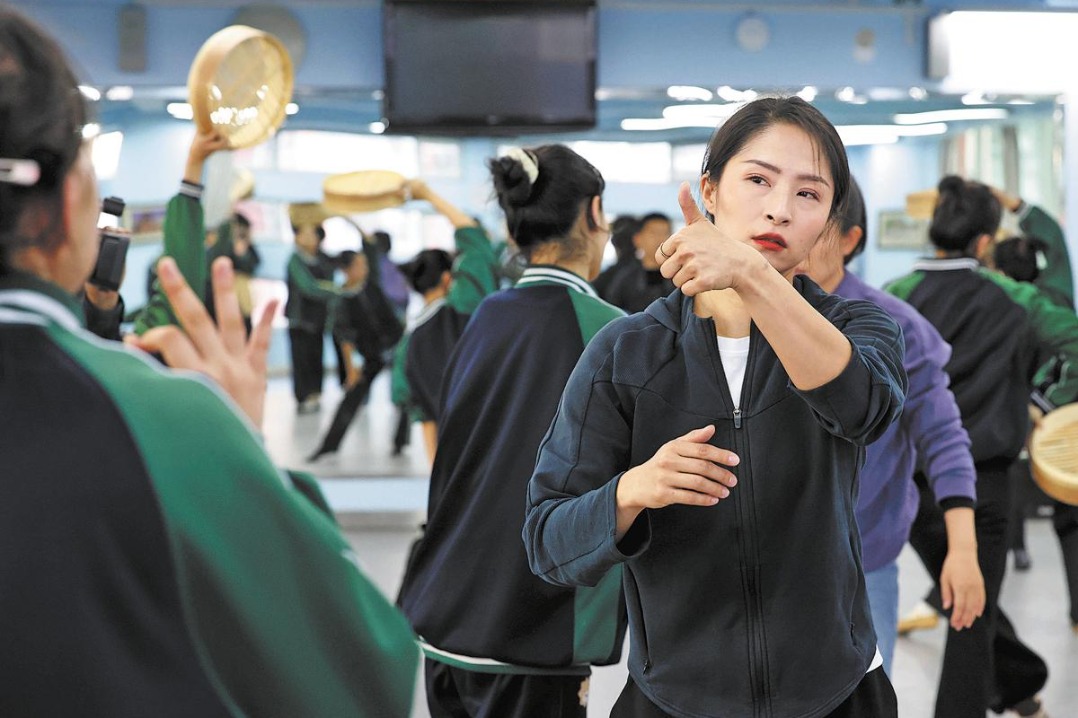Descendants of war heroes advocate reading history to honor the past


Shanxi was one of the main battlefields of the war. It was home to the headquarters of the Eighth Route Army and the anti-Japanese bases of Jinsui, Jinchaji, and Jinjiluyu. It is also famous for the Pingxingguan Victory and the Hundred Regiments Offensive.
Zuo Quan, deputy chief of the Eighth Route Army, was killed at the age of 37 while defending the headquarters during an evacuation in May 1942. Four months after his death, Liaoxian county in Shanxi was renamed Zuoquan in his honor.
Sha Feng, Zuo's grandson, stated that his grandfather devoted great efforts to regularizing the Eighth Route Army and constructing military factories.
"The military works he wrote, such as Ambush Tactics and Attack Tactics, played an important role in guiding the troop's operations," he said. "He fought for national independence until his last moment."
"The responsibility of building a new China, as mentioned by my grandfather, has become an invisible relay baton, allowing us to perpetuate this patriotic spirit forever," he added.
Since the founding of the People's Republic of China in 1949, many stories of anti-Japanese heroes have been adapted into films, TV dramas, plays, and other literary works.
"I also participate in important commemorative events with my daughter," said Sha. "I read family letters to her, hoping to pass on the revolutionary spirit from generation to generation."
- Fire in a residential building claims 12 lives in Guangdong
- International experts share innovative poverty solutions
- Guangdong to launch campaign to identify and rectify major fire hazards
- Vocational school dismisses official over voting scandal
- China sees steady growth in railway sector in 2025
- Chinese architect confirms economic feasibility of integrating tradition and modernity




































